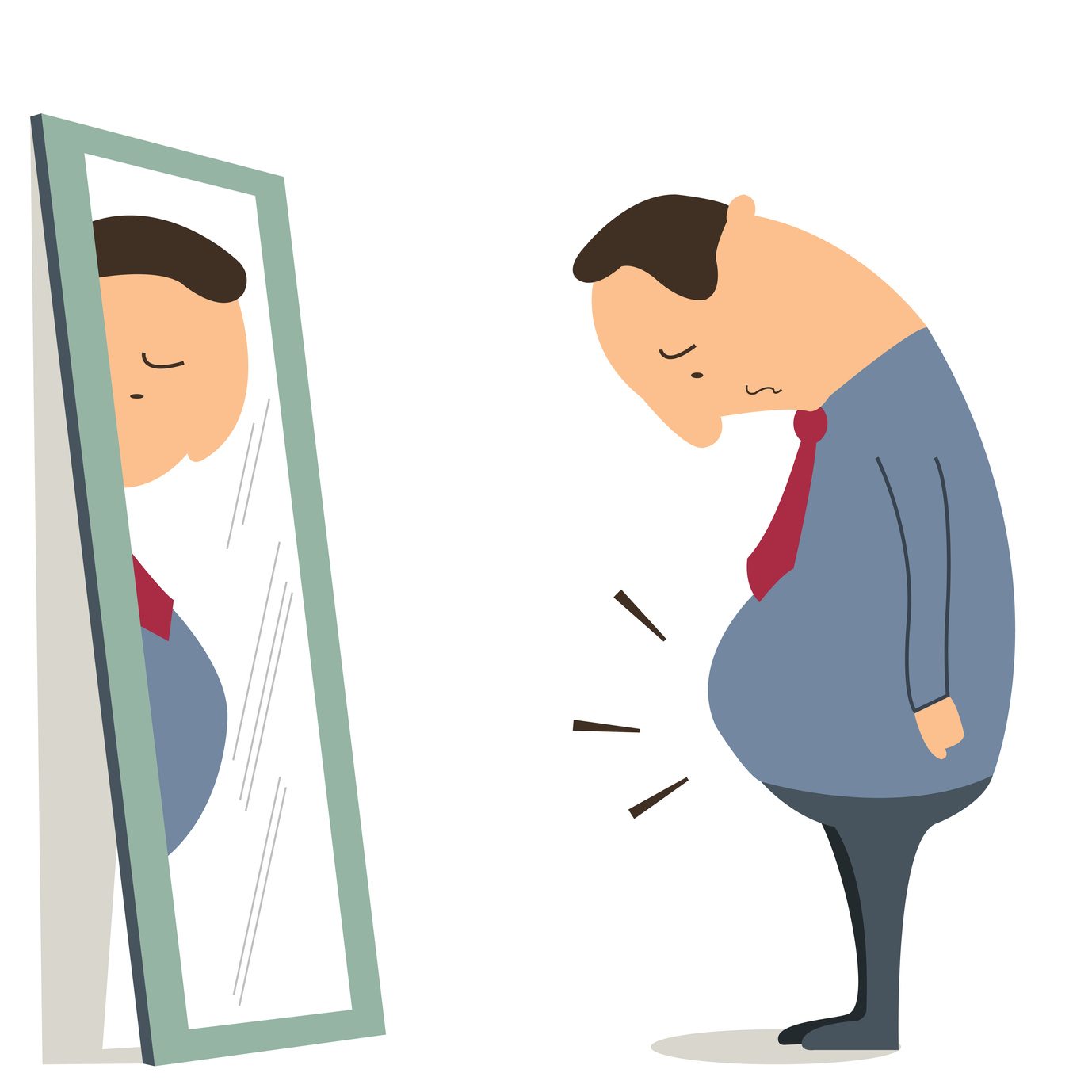Staying Cold Free This Winter Whilst Training Hard
We’re fast approaching the time of year when everyone begins to get the sniffles, man flu and colds.
As you are all probably well aware, regular exercise, eating a nutritionally rich diet and not burning the candle at both ends are all great ways to help prevent catching colds and if you do end up with one, you’ll recover faster if you are living a healthy lifestyle.
BUT….did you know that intense exercise actually depresses the immune system more than anything, leaving you vulnerable to infection for hours after your training session?
Scientists found that runners were 6 times more likely to develop a cold in the week following a marathon, than a control group that did not run the marathon.
WHY?………Because bouts of hard exercise lasting more than 90 minutes reduce blood glucose levels, reduce muscle glycogen levels and increase stress hormones, as well as increasing inflammation markers and free radicals. All of which contribute to a reduced immune cell function leaving you at risk for up to 3 hours post exercise.
Add to that psychological stress, environmental stress, inadequate diet and a lack of sleep and it’s a sneezing recipe for disaster!
HOWEVER…..Making changes to your diet and keeping a check on your macronutrient (fats, proteins and carbs ) levels and your micronutrient (vitamins and minerals) intake works wonders in preventing colds.
There’s a whole host of research to back it up too!
FACTS
- Protein malnutrition depresses the immune system more than any other malnutrition.
- Inadequate levels of vitamin A, D, Iron, Zinc, Copper and Selenium all affect immunity.
- Negative energy balances, in other words burning through more calories than you consume, puts you at greater risk too.
If you are focusing on losing body fat the latter fact is essential for reaching your goal so you have to be smart with how you train and refuel yourself sufficiently to ensure you don’t catch man flu.
STRATEGY
Here’s what you need to do to help reduce the risk of a UTRI this winter
- Avoid a protein deficiency by ensuring you have 1g protein per pound of body weight per day. A 90kg person would need to eat 200 grams of protein a day which looks like: 6 eggs, 2 scoops of whey protein, 2 chicken breasts, 6oz sirloin steak and a pot of cottage cheese.
- Eat a diet rich in antioxidant food such as an array of colourful vegetables and fruit, nuts and seeds daily.
- Top up vitamin and mineral levels with a good quality multivitamin.
- Supplement with vitamin D throughout winter.
- If you are keeping your carbohydrate levels low and training hard, timing your carb intake is therefore essential. Consume 30-60g carbohydrate during each hour of exercise and 30-60g in your post workout meal. This will prevent blood sugar crashes and reduces the magnitude of rises in anti-inflammatory cytokines and stress hormones.
Good luck with your training this winter and I hope you stay fit and healthy throughout!
Richard.



